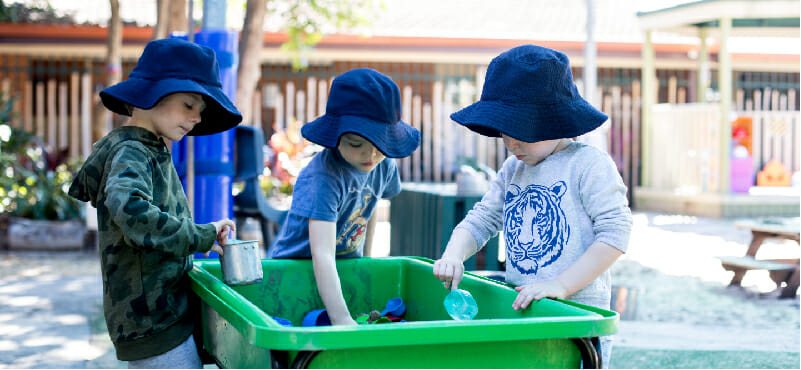
Recycling and Preschoolers
“The greatest threat to our planet is the belief that someone else will save it” – Robert Swan, Author
This quote truly resonates… have you seen the rubbish that is often tossed out in the street or take-away containers left at the beach where a group of people have obviously congregated? I wonder what goes through their minds when they leave their rubbish so whimsically? If only the threat to our planet and the consequences felt more imminent to some, then perhaps we would all take more care of it.
BUT, we do need to remember that there are plenty of responsible people who do make the time and effort to do the right thing.
Teaching our children to look after our planet
So how do we talk to our children about the future of their world? Let’s start with recycling!
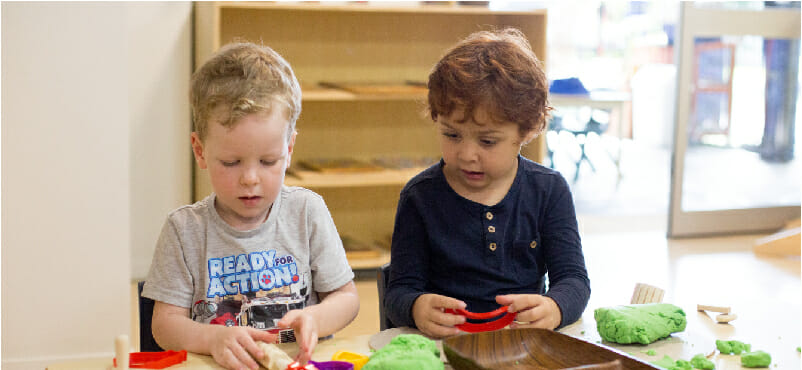
Recycling activities
It’s all about education and creating habits that become the norm. Involving your child in fun activities is a great start. Here are some ideas:
- Set up recycling bins and show your child what goes in which bin. Make this fun by decorating each bin to represent each recycling category.
- Go through old clothes and outfits that your child has grown out of. Bag them up and take them to your local charity shop. Whilst there, let them choose one item to take home from the shop.
- Let your child be in charge of the recycling in your home – letting them know that it’s an important and responsible job!
- Set up a ‘craft station’ with your child. Re-use plastic bottles, egg cartons, yoghurt pots etc to create craft. Not only does it show you don’t have to throw everything away, but it also serves a purpose for creativity and imagination.
- Use jars and egg cartons as plant starters – a little recycling and encouraging green fingers!
- Get your child to help return containers to the ‘return and earn’ bottle recycling points. Alternate each drop with letting your child ‘keep’ the money made with selecting different donation partners.
- Go on ‘rubbish hunts’ and have rewards at the end of them. For example, visit the beach, pick up five pieces of rubbish, and put them in the bin. Do this safely and hygienically using gloves and not picking up certain items without adult help. Then as a reward, take your child for a picnic or to the playground afterwards.
If you’re already into recycling and sustainability, then perhaps explain what you are doing and why you are doing it. For example, if you always take reusable bags to the shops. You could ask if your child knows why you do that? Because the fact is, these small habits that we have created become second nature. But explaining them and perhaps asking for your child’s opinion on what else you can do to help the environment will get you all thinking!
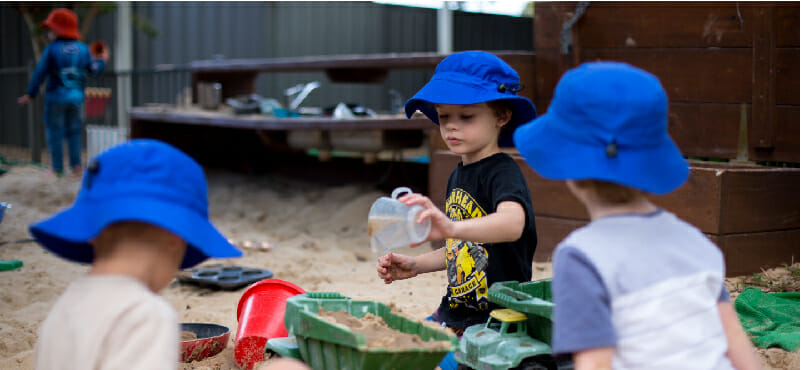
St Joseph’s Family Services Programs
Our centres incorporate the ‘Early Years Learning Framework’ curriculum. Learning Outcome 2 is: Children are connected with and contribute to their world.
2.1 Children develop a sense of belonging to groups and communities and an understanding of the reciprocal rights and responsibilities necessary for active community participation.
2.2 Children respond to diversity with respect.
2.3 Children become aware of fairness.
2.4 Children become socially responsible and show respect for the environment.
Learning activities:
- We play recycling games where children have to dig in the sand to find pretend rubbish and then categorise that rubbish into the correct recycling bin.
- We strengthen children’s fine motor skills and recycling awareness as they use a scoop or tongs to get ‘rubbish’ (often foil or plastic) out of a tub of water with pretend fish in it. This helps them to understand that rubbish isn’t good for the fish, and we want rubbish in bins, so it doesn’t end up in our waterways, making fish sick.
- We read lots of books about recycling and caring for our world. Talking about making changes and choices that are kind to our world, for example, did you know it takes up to 500 years for a plastic toothbrush to break down, but only 5-10 years for a bamboo toothbrush to decompose?
- Our centres are involved in events like ‘Clean up Australia Day, where we join the broader community in caring for our environment and role modelling this care to children.
- We have worm farms at our centres, teaching children to recycle our food scraps to benefit the environment.
Wherever we can, we incorporate activities that show children how to connect and care for our world.
We are all passionate about caring for our environment and live by what we preach at our centres so that learning is not only through our activities but through our daily role-modelling.
For more information, please get in touch with us.
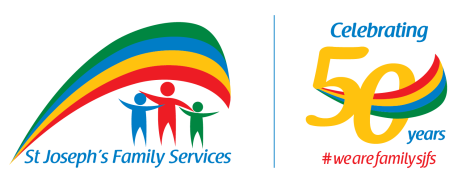





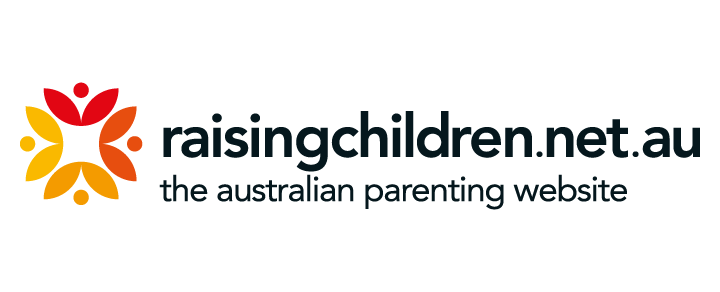
Leave A Comment